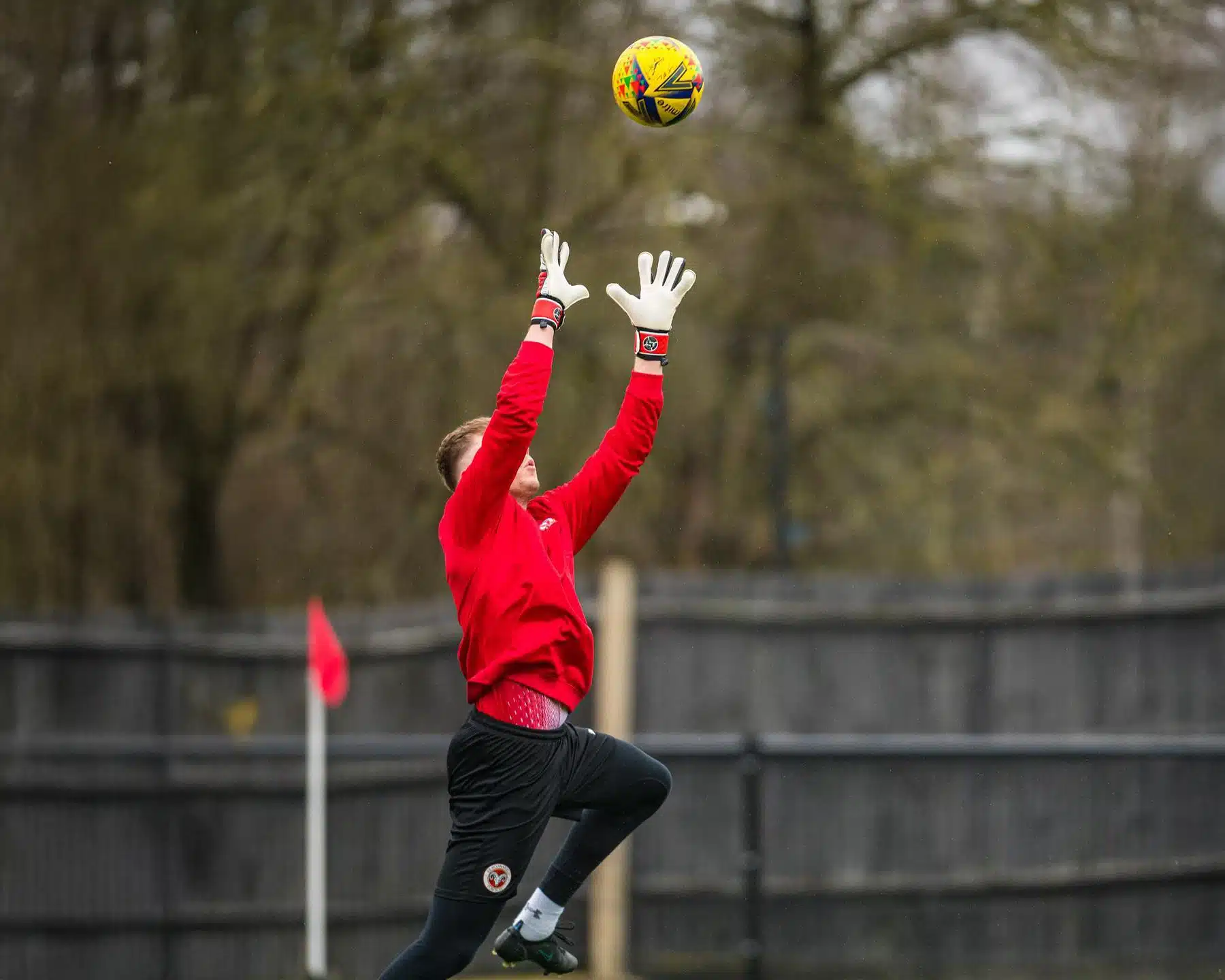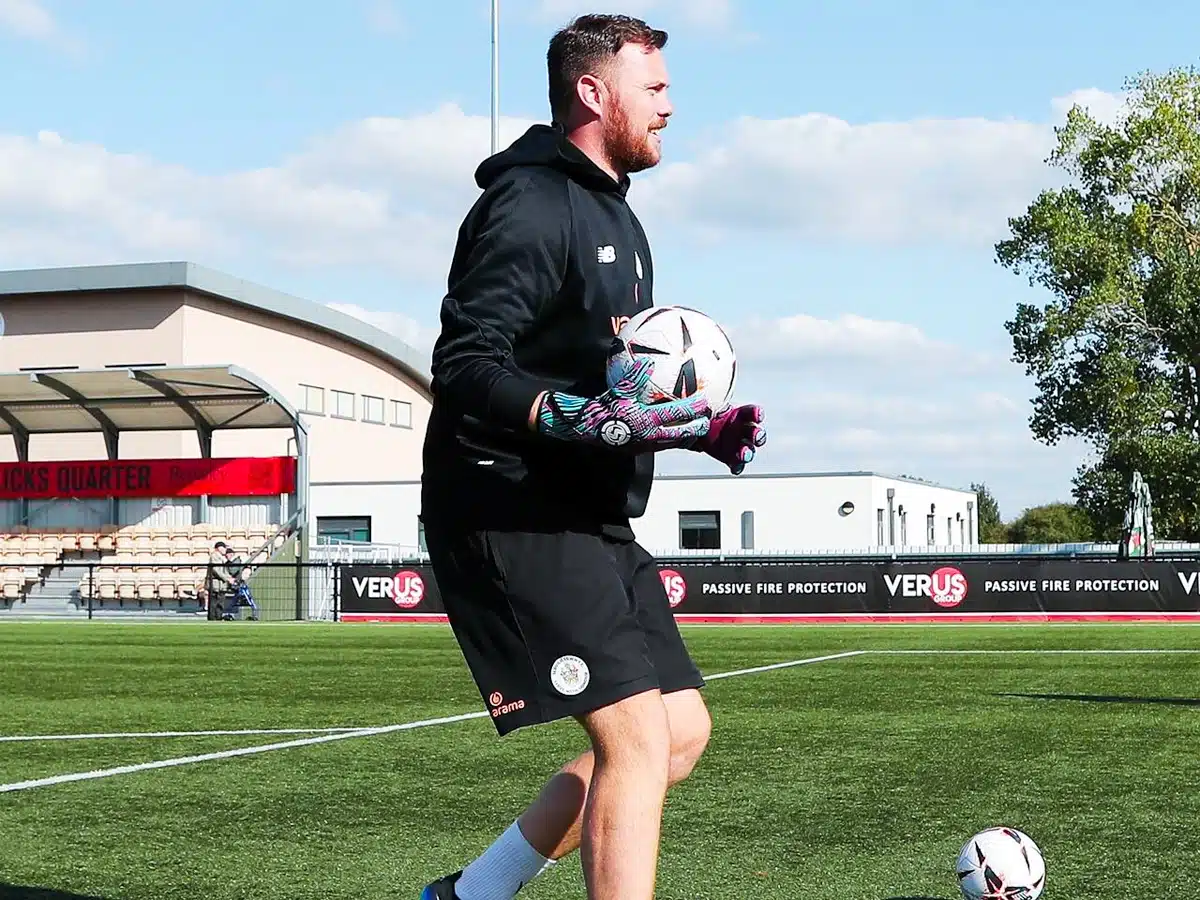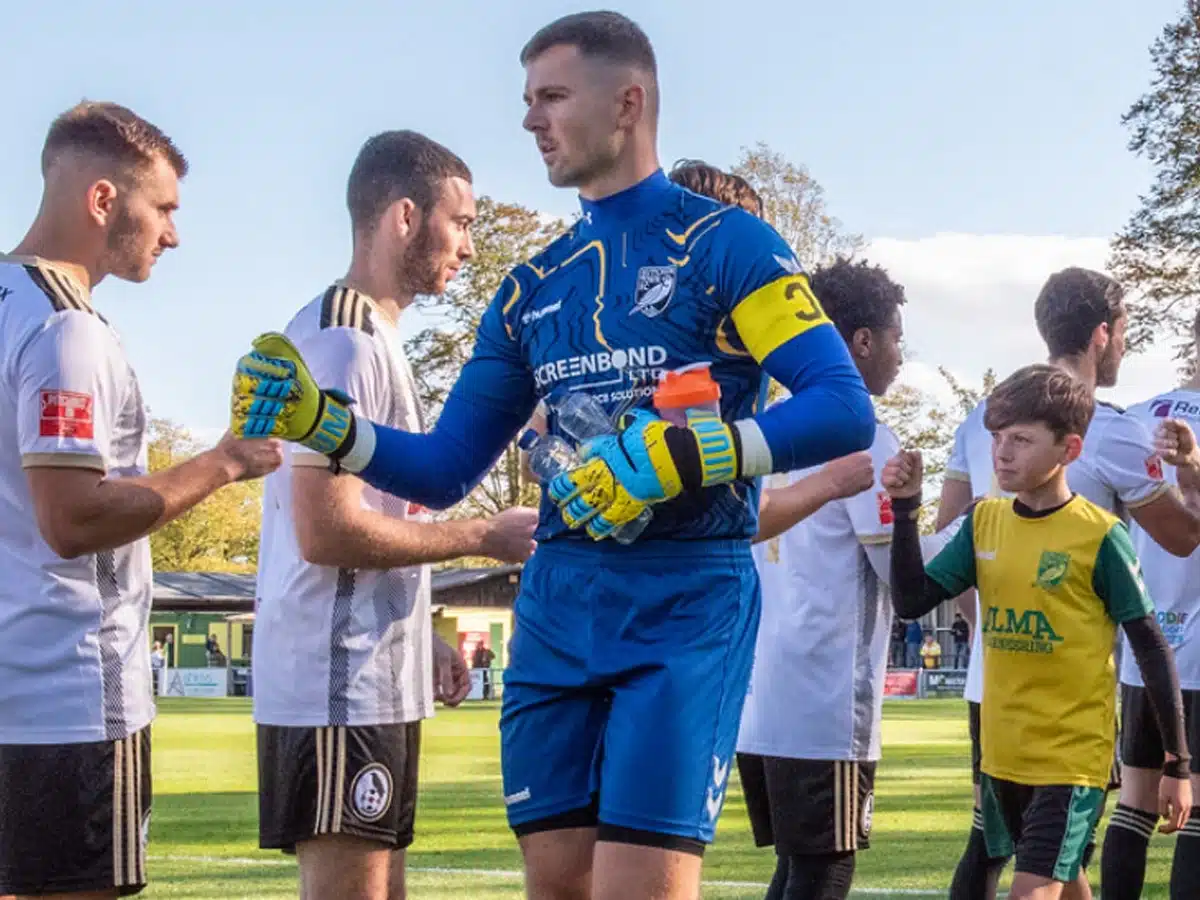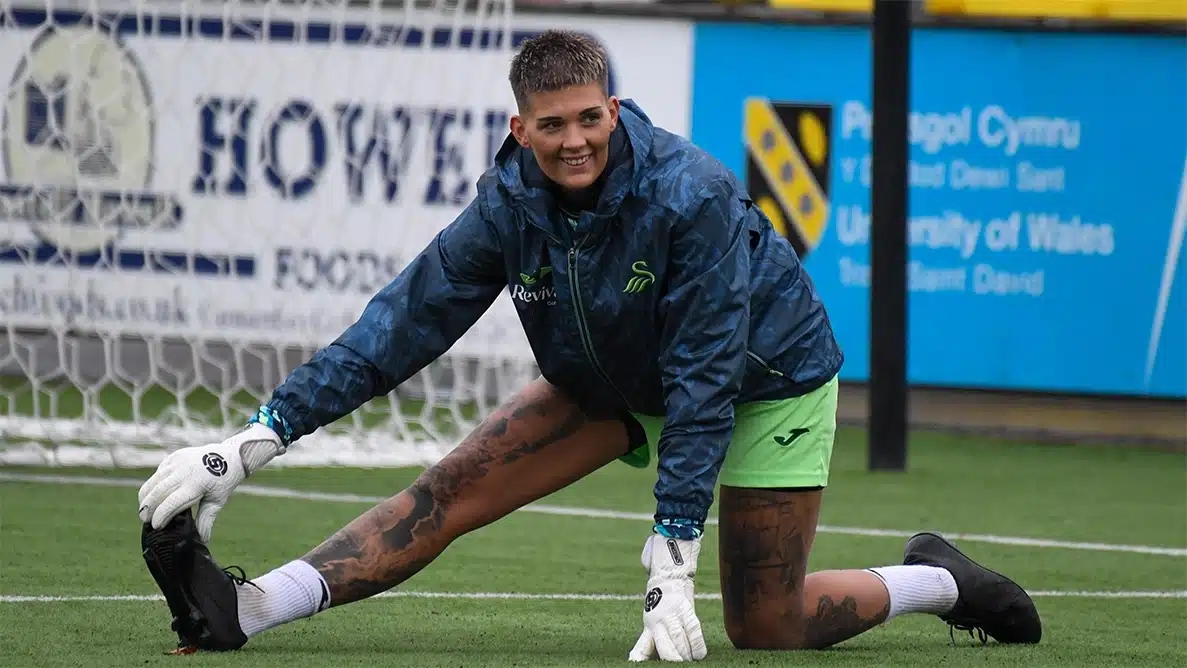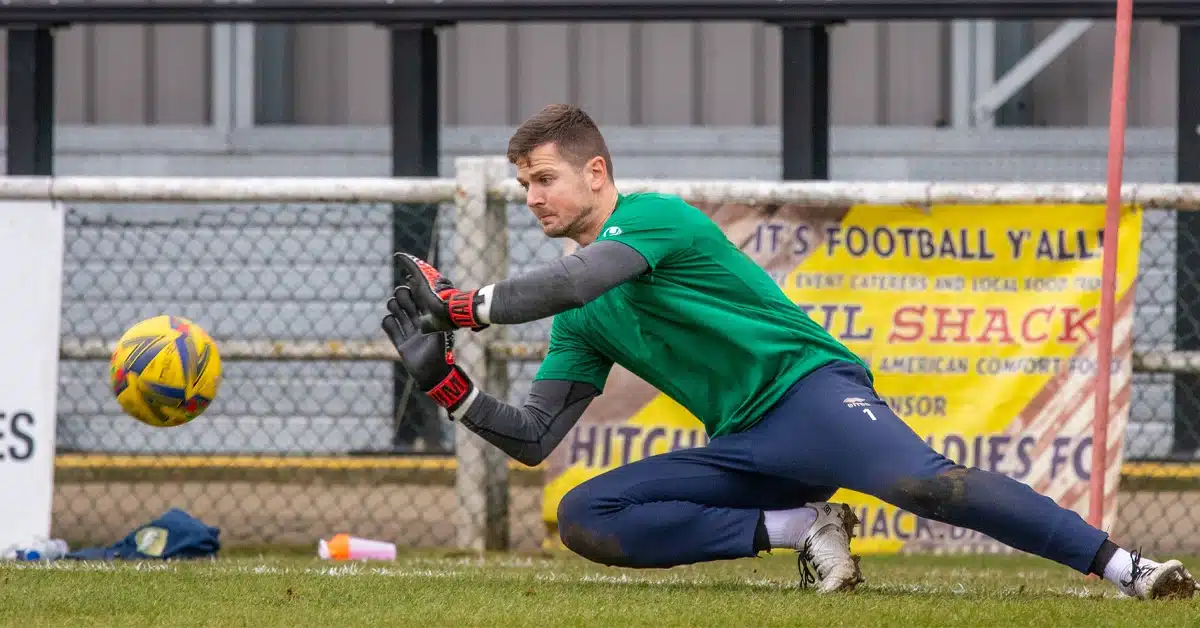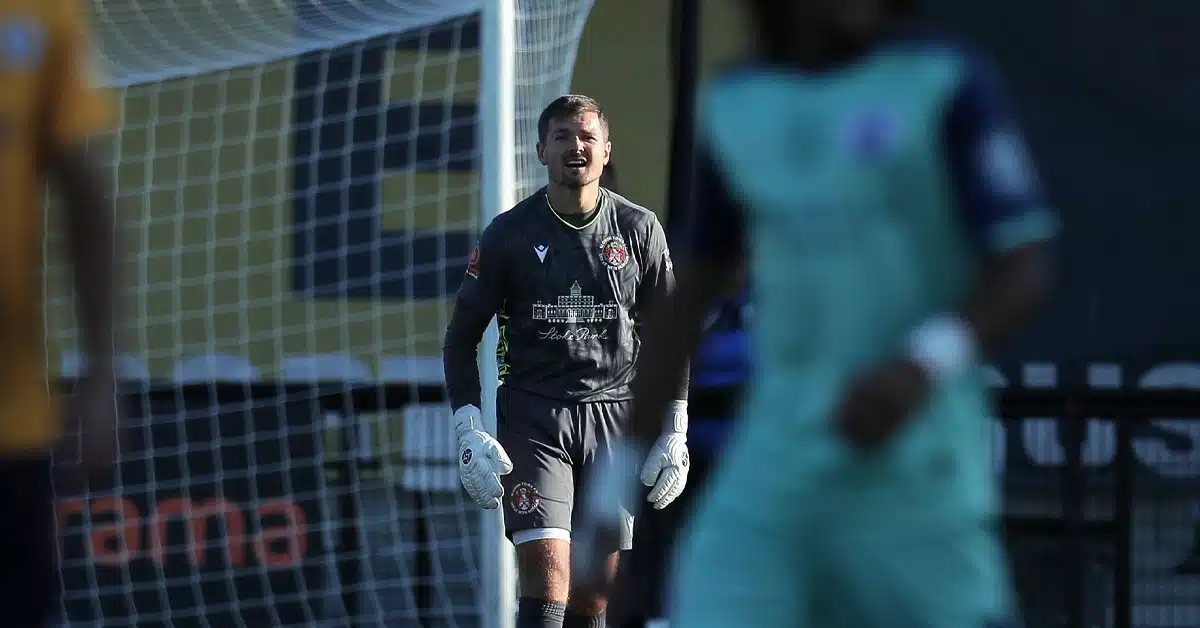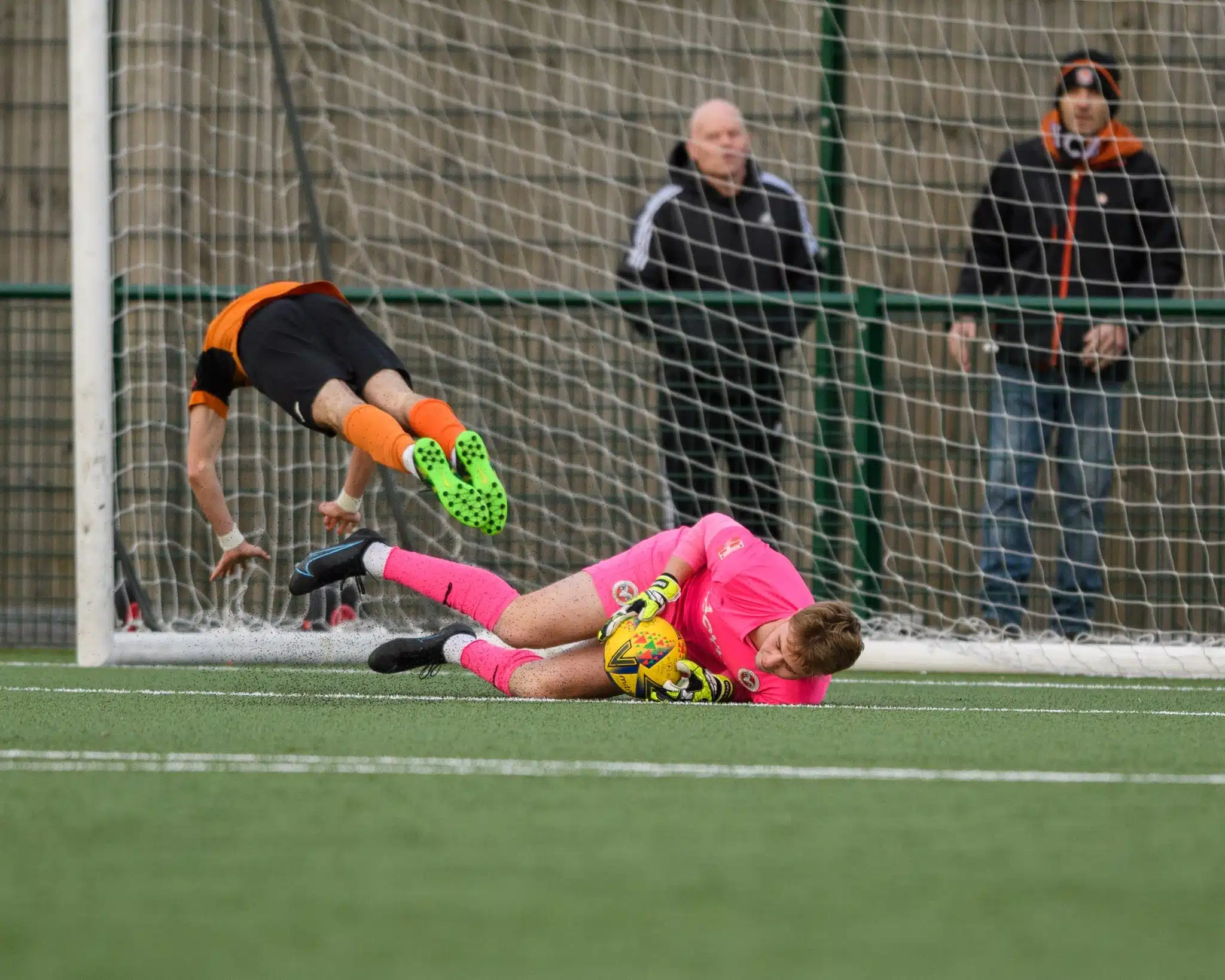4 Goalkeeping Strategies to Set Winning Goals and Turn Pro

Explore effective goalkeeping strategies with our latest blog on ‘4 Strategies for Goalkeepers’
In the journey to becoming a professional goalkeeper, the ability to set and pursue goals is as critical as your performance on the field. Here are four pivotal strategies that can help goalkeepers not only set effective goals but also achieve them, propelling their careers to professional heights.
1. Write Your Goals Down: From Dreams to Reality
The first step in serious goal setting is to get your aspirations out of your head and onto paper. Writing down your goals transforms them from fleeting thoughts into commitments. This act creates a visual reminder of your path and serves as the first step toward achievement. For goalkeepers, this might mean setting specific objectives like improving your dive reach, mastering your footwork, or perfecting your communication with the defence. Treat these written goals as contracts with yourself—promises that guide your daily actions and decisions.
2. Break Goals Into Manageable Steps: Celebrate Every Save
Big dreams can be daunting, but breaking them down into smaller, manageable objectives makes them more attainable. For example, if your goal is to play professionally, start with immediate targets such as improving your save-to-goal ratio or reducing your reaction time. Each small victory is a step closer to the big dream and should be celebrated. These milestones not only keep you motivated but also create a roadmap that helps navigate the often challenging journey of a sports career.
3. Visualize Success: See It, Then Achieve It
Visualization is a powerful tool in sports psychology, especially for goalkeepers. Spend time each day imagining yourself succeeding in your roles—making that crucial save in a penalty shootout or holding firm under pressure during the final minutes of a game. By mentally rehearsing success, you prepare your mind to execute under pressure, building confidence that is crucial for match days.
4. Embrace the Grind: Commit to Constant Improvement
The path to becoming a professional goalkeeper is fraught with challenges and setbacks. Embracing the grind means committing to continuous improvement, no matter the obstacles. It involves rigorous training, consistent performance analysis, and unwavering dedication to your craft. Every training session, every game, every review of your performance is an opportunity to edge closer to your goals.
Bonus Tip: Build Your Support Team
No athlete achieves greatness alone. A robust support system—comprising coaches, trainers, mentors, and family—plays an essential role in your journey. This network provides not only technical guidance and tactical improvements but also emotional support, which is indispensable during tough times.
By integrating these strategies into your routine, you set a foundation for success that extends beyond the goal line. Remember, the journey of a goalkeeper is as much about personal growth as it is about sports achievement. Dream big, plan carefully, and chase your goals with the heart of a champion—every save, every game, every season.
Q&A
Q: How often should I revisit and adjust my goals as a goalkeeper?
A: You should review your goals at least every three to six months. This regular check-in allows you to assess your progress, make necessary adjustments based on your current performance, and stay aligned with your long-term aspirations.
Q: What’s the best way to measure progress towards my goalkeeping goals?
A: Use both qualitative and quantitative metrics. Track statistical improvements such as your save percentage or goals against average, and also seek feedback from coaches and teammates on qualitative aspects like leadership and communication on the field.
Q: Can visualization techniques really improve my performance as a goalkeeper?
A: Absolutely. Visualization helps reinforce neural pathways associated with optimal performance. Regular mental rehearsal can enhance your physical reactions in games, making you quicker and more confident in responding to plays.
Q: What are some common setbacks goalkeepers face when working towards professional goals, and how can I overcome them?
A: Injuries, slumps in performance, and competition for the starting spot are common. Overcome these by maintaining physical fitness, continuously working on mental strength, and learning from each experience to improve resilience.
Q: How important is the support system for achieving success in goalkeeping?
A: Extremely important. Having a reliable support system can significantly impact your motivation and ability to cope with pressure. Engage regularly with your coaches for technical advice, lean on mental health professionals for psychological resilience, and rely on family and friends for emotional support.
For more insights on goalkeeping essentials and to find your perfect pair of gloves, visit our Goalkeeper Glove Shop or for more in depth information check out our Glove Cut page, Size Guide, or Glove Care Section.
Other Relevant Article: 4 Reasons Goalkeepers Choose To Parry or Punch – SAVIOUR GK



